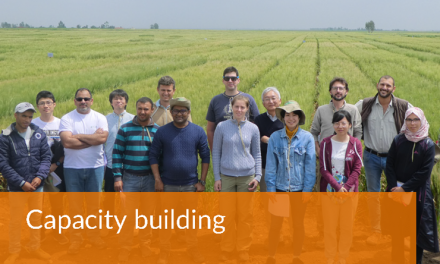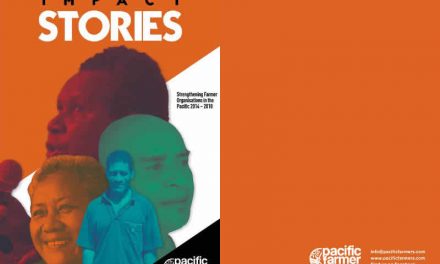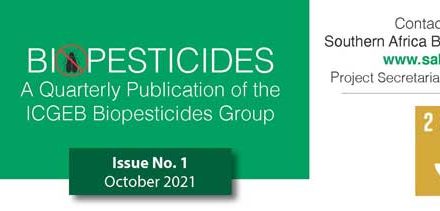In an effort to reinvigorate and strengthen its agriculture research system, the Department of Agriculture, Ministry of Agriculture and Forests (MoAF), designed a series of capacity building programmes over the last six months. The initiatives were instrumental in building functional capacities (soft skills) of over 90 officials, who mostly represented the country’s four agriculture research centres. These learning programmes are part of the Department’s drive to develop capacities of its professionals and institute an efficient, dynamic and a sustainable agriculture research system in Bhutan.
Introduction
Agriculture in Bhutan provides employment to around 57.2 per cent of its population. Like elsewhere, research for development (R&D) in agriculture and extension services serve as a strong driving force in developing and sustaining programmes that contribute to national food self-sufficiency and security, employment generation and leveraging the country’s trade balance. Although formal agricultural research in Bhutan started in 1982 with the establishment of the Centre for Agriculture Research and Development (CARD) in west Bhutan, several factors adversely impacted the consistency, growth and therefore the quality of agriculture research over the years.
Challenges
Some of the primary challenges in Bhutanese agriculture research include the decline in the once vibrant and strong research culture. Short-term but high-impact development activities often take precedence over long-term strategic goals and vision. The current research system also lacks mentoring and human capital development initiatives. Poor accountability of research programmes and output, as well as limited public investment in research have also hindered its growth.

Bhutanese agriculture researchers update their skills in agriculture experiment design and analysis
Initiatives and interventions
Recognizing the positive, long-term and diverse impact of agricultural R&D, and as part of its efforts to instill fresh drive and research focus, the Department of Agriculture organized a series of capacity development programmes in 2018.
In three separate week-long courses, the Department trained 94 young agriculture researchers and officers from various research centres and central programmes in scientific paper writing and development of research proposals. The course, which was arranged in Paro and Wangduephodrang in west Bhutan between April and September 2018, was conducted by senior research personnel from the Department.

Bhutanese participants and their trainers from IRRI during a week-long programme on agricultural
experiment design and analysis in Thimphu, Bhutan
The Department combined these initiatives with a five-day training programme on experimental design and data analysis for senior agriculture officials in Thimphu, Bhutan. The programme, which ran from 10 to14 December 2018, was financially supported by the Food and Agriculture Organization of the United Nations (FAO), Bhutan. A total of 26 agriculture officials from research centres, central programmes and division headquarters attended the course.
Ms. Alaine Gulles and Ms. Rose Imee Zhella Morantte, specialists from the Quantitative Genetics and Biometrics Cluster of the International Rice Research Institute (IRRI) Philippines, delivered the course that covered statistical concepts, experimental design, and data analysis including introduction to and hands-on practice on Statistical Tool for Agricultural Research (STAR) package. Developed specifically for crop scientists using Eclipse Rich Client Platform (RCP) and R language, STAR is commonly used in crop research design, data management, and statistical analyses. STAR provides a user-friendly graphical interface as compared to R’s rather challenging in-line command language and structure. STAR will be used as the standard statistical software across all Agriculture Research and Development Centres (ARDCs) and central programmes under the Department of Agriculture.
Main outputs and outcomes
Participants familiarized themselves with the fundamentals of design and analysis of field experiments including the use of statistical software like SPSS and STAR. Researchers were introduced to the concept of research hypothesis, and learned how to carry out simple analysis of variance, and handle factorial and more advanced analysis. The officials also learned to prepare research proposals, as well as the concept of scientific writing that covered the entire aspects of a journal paper.
Impact
Bhutan presently does not have a single statistician formally trained and experienced in agricultural research. A significant part of the country’s agricultural research and field experiments, therefore rely on an effective consultation with a trained biometrician. Hence, the capacity development programmes of the Department of Agriculture serve as the best alternative to provide agricultural researchers and officials with hands-on training in applied statistics in agriculture research. Though a little premature, these initiatives are already showing progress. The trained researchers are now equipped with the knowledge and skills to at least correctly choose and use the most appropriate statistical procedures for effective design and analysis of their experiments, as well as communicate them in an effective scientific way. Many of these researchers have already started submitting journal papers independently.
Lessons learned
A striking takeaway from these capacity building programmes is that the Department of Agriculture had not had a formal training on agricultural experiment design, analysis or scientific writing in over 13 years. With concerted effort and a bit of foresight, much can be achieved in furthering and sustaining the agriculture research system in the country to the highest professional standard. The Department of Agriculture will therefore keep up the pace in exploring available options and opportunities for developing a pool of agriculture professionals that are skilled and competent in fundamentals of applied agriculture research and scientific communication.
Contact: Mr. Wangda Dukpa, Chief Agriculture Officer, Agriculture Research and Extension Division, Department of Agriculture, Ministry of Agriculture and Forests, Thimphu, Bhutan (wdukpa@moaf.gov.bt)
Read more:
Training on Agriculture Experimental Design and Data Analysis using STAR http://www.moaf.gov.bt/training-on-agriculture-experimental-design-and-data-analysis-using-star/




